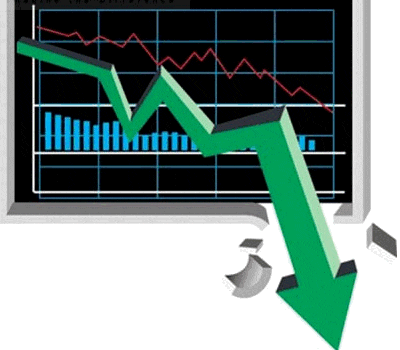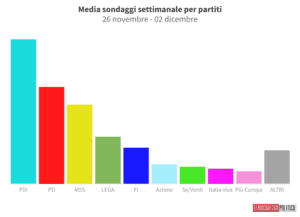José Viñals (IMF) sulla crisi attuale

José Viñals, Counsellor and Director of Monetary and Capital Markets Departments (MCM), parla degli effetti dell’attuale crisisul mercato globale. Delinea alcune possibili risoluzioni al problema, in particolare mettendo in evidenza l’intervento efficiente di “authorities” che rendano le transazioni trasparenti e chiare
Qui il Video.
Sul sito dell’IMF potete anche trovare la relazione in .pdf
Global Financial Stability Report
and Measuring Systemic Risks
April 2009
I contenuti
Chapter I. Stabilizing the Global Financial System and Mitigating Spillover Risks
Chapter II. Assessing the Systemic Implications of Financial Linkages
Chapter III. Detecting Systemic Risk
Troverete tutti i dati statistici in formato .csv da scaricare e consultare tenendo conto dei Copyright and Usage.
Li ho zippati in un unico file che potrete scaricare a questo indirizzo
http://www.webfilehost.com/?mode=viewupload&id=5544752
Per la relazione Europea di Maggio 2009, potete consultare il tutto a questo indirizzo con il relativo documento .pdf QUI
Europe is in a deep recession. Adverse feedback between the financial and real sectors and across borders is likely to delay the recovery and create downside risks. Unprecedented policies have been undertaken to address the crisis-but are they likely to be successful and sufficiently coordinated for a tightly integrated region? To restore trust and confidence in financial markets, additional and forceful action will be essential. Maintaining fiscal support should help soften the downturn, in particular if sustainability is supported by solid medium-term strategies and fiscal frameworks. To be effective, these policies require coordination across advanced and emerging economies. The report’s analytical work underpins the link between fiscal sustainability, coordination, and effectiveness, and stresses that emerging markets have been affected differently by the crisis, with the quality of policies and external vulnerabilities being key factors.
I contenuti della relazione Europea
| 1. | Outlook: Galvanizing Recovery |
| Synchronized Recession | |
| Impromptu Policy Reaction | |
| Uncertain Outlook | |
| Calling for a Well-Articulated and Effectively Coordinated Policy Response | |
| 2. | Fiscal Policy in Advanced Countries: Effectiveness, Coordination, and Solvency Issues |
| Overview | |
| Fiscal Costs of the Crisis | |
| Making the Most Out of Fiscal Interventions | |
| Treasuring Fiscal Solvency | |
| Ensuring Fiscal Sustainability: Policy Options | |
| Conclusions and Policy Implications | |
| 3. | European Emerging Economies in the Crisis: Impact and Recovery |
| Who Got Hurt More? Stylized Facts | |
| What Explains the Widened Spreads: Known Vulnerabilities or the Convergence Criteria Checklist? | |
| Banking Sector Holds a Key to the Recovery from the Crisis | |
| Policy Implications | |
Alcuni dati interessanti estratti dalla sezione statistica globale:
Questa tabella mostra alcuni indicatori macroeconomici tra i paesi del G8 ed Europa. Fate attenzione, MOLTA attenzione, ai dati italiani e confrontateli con quelli degli altri appartenenti al G8, Spagna compresa.
E qui lo stato delle Finanze
Fonte: The State of Public Finances
Potete inoltre consultare la sezione apposita dedicata alla Crisi Finanziaria QUI
Segnalo infine questo interessante articolo
http://fic.wharton.upenn.edu/fic/papers/98/9805.pdf
Problem Bank Resolution: Evaluating the Options
by
Anthony M. Santomero
and
Paul Hoffman
The Wharton School
University of Pennsylvania





